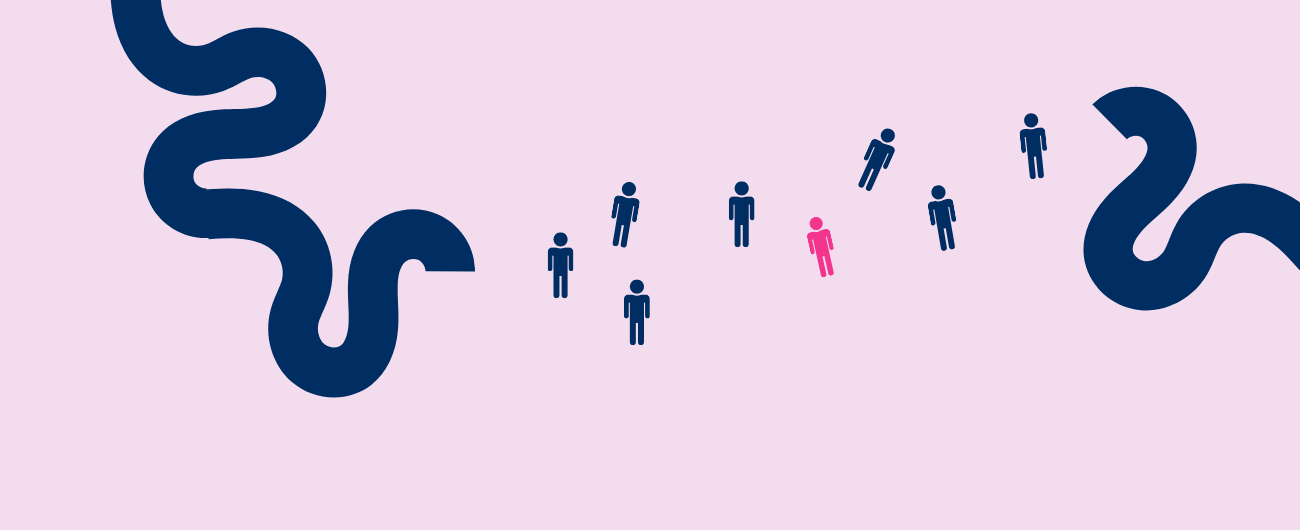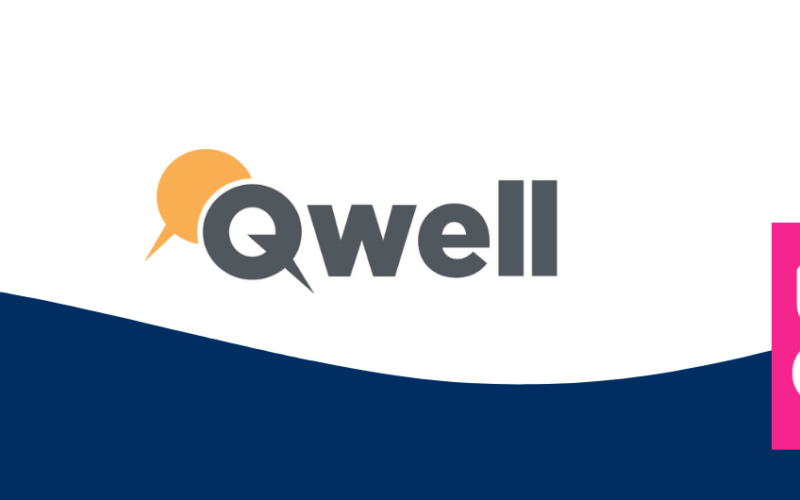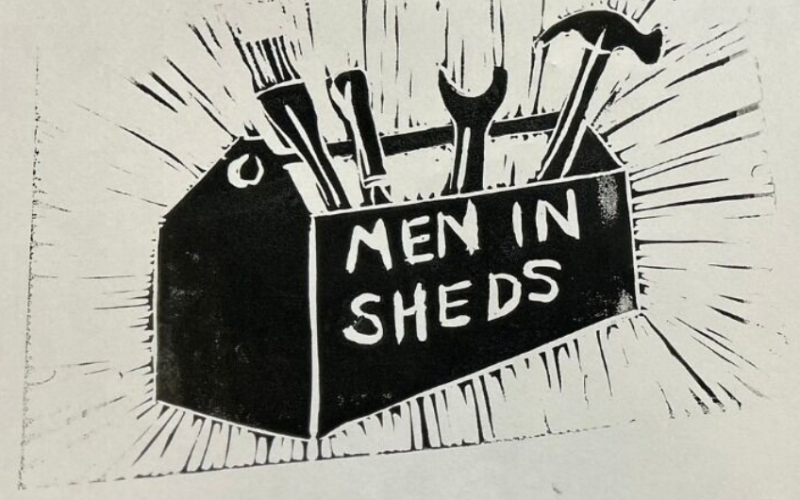2024 Research Report for the UOK Partnership by Rosie Hayward in collaboration with Charity Works
The following report was conducted to identify how the UOK Partnership can increase its engagement with men through its communications and mental health promotion. Rosie Hayward, Business Support Assistant writes as part of the VCSE Mental health transformation team at Southdown.
Why this report?
1 in 8 men have a mental health need (McManus S et al, 2016: 10). Although there has been rise in men accessing mental health services, nationally men have a lower rate of accessing mental health services than women (ONS, 2024: online). Through positive health promotion, UOK can play a role in enabling people to improve their mental health in Brighton & Hove and East Sussex. This report specifically looks at how modifying the UOK website and its communications can have an impact.
Whilst the report is targeted for the UOK Partnership service leads, the findings and recommendations aim to provide insight for any health and social care organisation that would like to increase its engagement with men.
The objectives of this research were to identify the key barriers that prevent male individuals from accessing mental health services in Brighton & Hove, and East Sussex. The report also aimed at providing recommendations and a plan on how UOK and other services can modify its website and communications to be inclusive and target men. The last objective was to identify opportunities for ensuring lived experience involvement in shaping the partnership’s website and communications. Depending on the findings, this could involve consultation, co-design or co-production. Insights from the first objective are elaborated upon below.

Key Barriers:
The key barriers that many men face when trying to access services:
- Fears of confidentiality being breached.
- Stigmatisation and feelings of shame.
- Perceiving their mental health needs as not “severe enough”.
- Not knowing what mental health support is available.

Addressing Barriers:
- Men across different cohorts do want to talk about their mental health.
However, support provision needs to focus on providing men with belonging and connection, whether that be talking groups or using the shoulder-to-shoulder approach: activity-based groups (Cutler. D & Lowe, L. 2024:17). - Advertisements that target men through their masculinity or the narrative ‘men don’t talk’ can alienate men by reinforcing stigmatisation.
- Services are most likely to attract men to their services by having marketing materials that state services are confidential, with professionals who will hear and understand their experience.
- Marketing materials should be consulted on and co-designed with men who have lived experience, including local men’s peer support groups.
Barriers by demographics like age, rural or urban settings and GBTQIA+ were also considered along with culture and language specific borders. For a more detailed list of recommendations and website and Language review, refer to the full report here. The report has several actionable insights for UOK which can be adapted across services to make them more accessible and inclusive of men.



